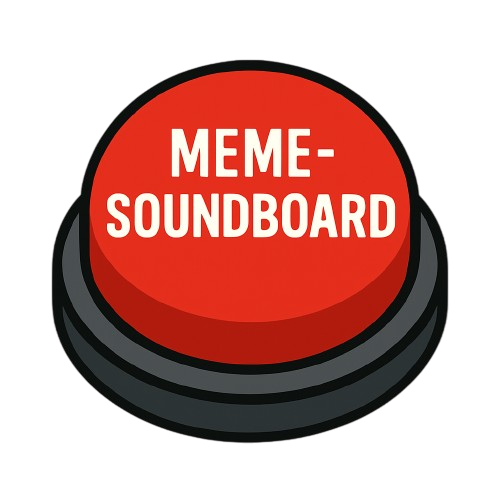Memes are everywhere online-scrolling through social media without encountering one is nearly impossible. While some people enjoy their humor and creativity, others find them annoying or even offensive. But what about mental health experts? How do therapists perceive memes, and what do they say about their effects on emotional wellbeing?
Mixed Opinions from Therapists
Mental health professionals don’t always agree when it comes to memes. Some consider them light-hearted and even therapeutic, while others raise concerns about the potential for harm. Memes that joke about serious topics might seem dismissive, and when used carelessly, they can be vehicles for cyberbullying or social shaming.
Therapists emphasize the importance of sharing content that is respectful and inclusive. If a meme seems questionable or might hurt someone, it’s better to avoid posting it. Positive alternatives-like funny GIFs or inspiring articles-can be just as engaging without the risk of causing harm.
How Memes Can Support Mental Health
Despite the concerns, many therapists recognize the benefits memes can bring. These bite-sized pieces of humor or relatable content can help people express their emotions, cope with stress, and feel understood.
Sharing memes can foster a sense of connection, especially for those going through tough times. When someone finds a meme that reflects how they feel, it can be incredibly validating to know they’re not alone.
The Dark Side of Meme Culture
It’s important to acknowledge that memes can also carry risks. Some spread misinformation, promote stereotypes, or encourage harmful behavior. Others may be unintentionally offensive or used to mock people in vulnerable situations.
Being mindful of what we share can reduce the chances of contributing to online negativity. Therapists advise considering the emotional impact a meme might have before posting.
Using Memes for Self-Care
Memes can be powerful tools for boosting mood and practicing self-care. Laughing at something funny or sharing content that feels meaningful can lift our spirits, even in difficult moments. For some, creating or engaging with memes is a way to process emotions in a healthy, accessible form.
They offer a simple, relatable means to deal with heavy feelings like sadness or anxiety-
and doing so with humor can make a big difference.
Can Memes Help Fight Depression?
While memes aren’t a treatment for depression, they may provide emotional relief or comfort. Some studies and therapist observations suggest that memes can help people express thoughts they might struggle to put into words.
Seeing or sharing a relatable meme can promote a sense of solidarity and connection. That connection alone can help reduce feelings of isolation, which is a critical part of managing depression.
Improving Mood Through Memes
Memes can serve as a mental reset. Whether it’s a laugh-out-loud joke or a gentle, affirming message, the right meme can offer a small boost in energy and outlook.
Therapists point out that humor, especially when shared with others, can help shift our perspective and support emotional balance.
Therapists Using Memes in Practice
Some therapists have begun incorporating memes into their sessions, particularly with teens or young adults. Memes can open doors to deeper discussions, act as emotional check-ins, or even serve as homework prompts for clients.
By reflecting on memes that resonate with their thoughts or moods, clients may find it easier to discuss their inner experiences.
The Future of Memes in Mental Health
Memes continue to evolve alongside internet culture. Their ability to reflect emotions and connect people across backgrounds gives them staying power. As long as they remain funny, insightful, and relevant, memes are likely to remain an influential part of how we communicate.
Sharing Responsibly
The memes we post can shape how others feel. A good rule of thumb: if you’re unsure whether something is offensive or triggering, it’s better to pass. Choosing to share kind, uplifting, or educational content helps promote a healthier digital space.
Being a thoughtful content sharer can make a real difference in the mental wellbeing of your online community.
Key Benefits of Memes
- Help express thoughts and emotions
- Offer comic relief and stress reduction
- Create connections and build empathy
- Act as a tool for self-care
- Provide comfort during tough times
Conclusion
Memes are more than just internet jokes-they can be meaningful tools for emotional expression, connection, and even healing. When used mindfully, memes have the potential to foster positivity, reduce stress, and contribute to better mental health for individuals and communities alike.
